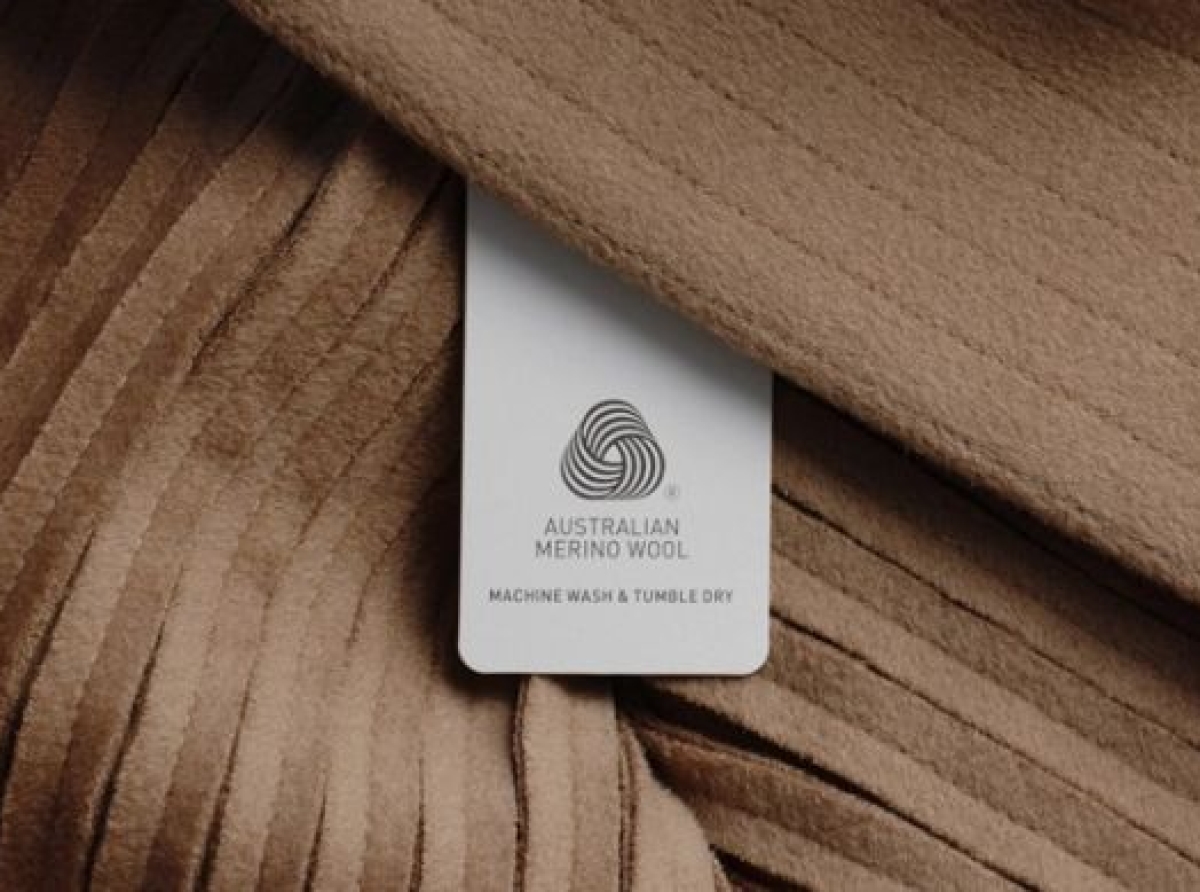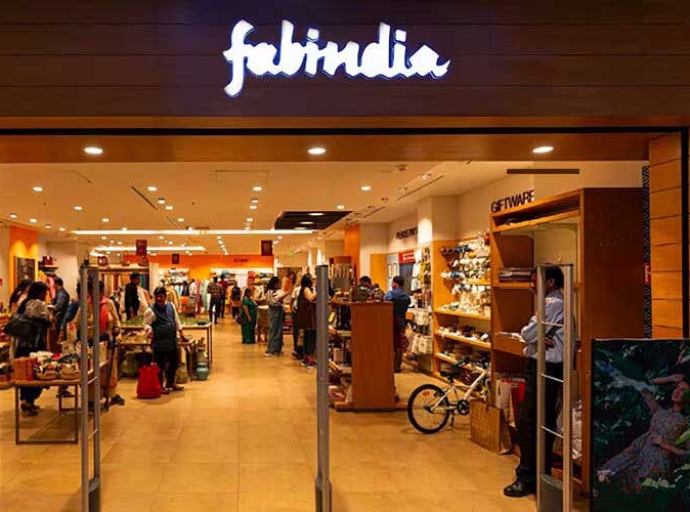30 November 2022, Mumbai
A global authority on Merino wool called "The Woolmark Company" owns the Woolmark logo, a prestigious quality assurance symbol incredibly applied to more than five billion products interestingly across numerous categories. The Woolmark is a legitimate uniquely positioned brand representing a commitment between woolgrowers, brands, and consumers on the authenticity/quality of the fibre through the decades and ranks amongst the most recognized logos embedded deeply in the minds and hearts globally in consumers' minds.
Differentiabilty
The article decodes the Merino wool longest considered unquestionably as the softest wool produced worldwide and considering this premium natural fibre's goodness been globally arguably the finest wool type. It is no more a well-kept secret that it has an inherent superlative range of natural qualities giving it an edge over the other varieties/types likes of ultra-soft nature of it making it a second-skin and the immaculate fall & drape quality is something unique to it.
Quality attributes
The short message here is that it is more of a fibre of choice today across seasons/continents/clothing needs anywhere in the world and the credit goes to Australia wool-growing community having an outstandingly advanced wool industry as a testament.
It does not surprise many this fibre is univocally admired, adored universally by fashion and apparel manufacturers, and designers for its unparalleled robust quality and distinct versatility, something enough to make it apt for multi-use cases spanning from luxury fashion to high-performance activewear, winterwear, and many surprisingly innovative applications.
Therefore, it is vital to outline and highlight its innate competitive characteristics within the wool space in the market are made it well-known to get it the premium it deserves.
Symbol of status
Despite the early-stage processing having relocated from Europe to China Wool predominantly enjoys premium ratings vis-à-vis other fibre types for the given feel-good luxury attributes and is perceived to be a value-for-money fibre.
Contextualizing this commercial imperative & the perceived positioning it enjoys in the consumers' mind in the markets considering that its maximum use and sales come out of western/developed/advanced economies/cold countries where an average per capita is quite supportive of wool's positive associations with outright luxury across multi-use cases such as apparel and so forth.
Nothing Changes if Nothing Changes
Sustainable fibre; The logical argument is that wool is a natural and renewable protein fibre & unquestionably quite similar to any mainstream textile fibre of the textile industry, and is open to the scrutiny of its environmental performance given the clamour of climate change getting only getting louder.
It is safe to assume in the case of 'Australian Merino wool', sustainability concern is central to the inherent value chain rather than being done as a marketing tool, but a way forward for direct future research to The March Ahead.
Latest Publications


































